calsfoundation@cals.org
Office of the Governor
Between being made a territory of the United States in 1819 and becoming a state in 1836, Arkansas was overseen by four territorial governors. Appointed by the president to a three-year term (with the possibility of reappointment), territorial governors simultaneously served as commander of the militia and superintendent of Indian Affairs, though Arkansas’s first territorial governor, James Miller, was little more than an absentee landlord. Miller was appointed on March 3, 1819, but did not arrive in Arkansas until December 26; he was later absent from April 1821 to November 1822 and left again in June 1823 never to return. He never moved his family to Arkansas. In his absence, Robert Crittenden was the de facto governor of the territory. Subsequent territorial governors, such as George Izard and John Pope, however, worked hard to establish Arkansas’s institutions and ready the land for statehood.
The constitution of 1836 created a popularly elected governor responsible for the execution of the laws of the state, with the power to recommend legislation to the Arkansas General Assembly and also the power of veto and pardon. This person served as commander of the state militia. The constitution assigned the governor a term of four years with a limit on reelection to no more than eight total years out of any twelve. There was no position of lieutenant governor; rather, the line of succession went from the president of the state Senate to the speaker of the state House of Representatives. The civilian powers of the governor remained essentially unchanged when Arkansas adopted the constitution of 1861 as it became a part of the Confederate States of America, though the governor’s term was shortened to two years. However, the constitution of 1861 placed the state militia under a three-man board that included the governor, rather than making the governor the commander-in-chief, a move indicative of the hostility many lawmakers felt toward Henry Massie Rector.
In 1864, officials loyal to the Union adopted and ratified a new constitution to obtain Federal recognition and support. The main effect of this document upon the governorship was the creation of the lieutenant governor position. However, the constitution of 1868, adopted to secure Arkansas’s reentry into the Union, greatly expanded the powers of the governor to include the appointment of judges and the selection of assessors; in addition, the elected terms of both the governor and lieutenant governor were expanded to four years.
Arkansas’s current constitution (as of 2008), adopted in 1874 by Democrats largely interested in rolling back Reconstruction-era reforms, reduced the governor’s term to two years, limited powers of appointment, and reduced control over the state militia. The office of lieutenant governor was eliminated. It was later reestablished in the wake of succession problems linked to John Sebastian Little with the adoption of Amendment 6, approved by voters in 1914 and upheld by the state Supreme Court in 1926. The lieutenant governor became first in the line of succession should the governor die, be incapacitated, or vacate the office. Amendment 63, approved in 1984, lengthened the term of all constitutional officers, including the governor, back to four years. In 1992, Amendment 73 imposed term limits on a variety of elected officials, including the governor, who was limited to a maximum of two elected terms in office.
The constitution of 1874 requires the governor to be a U.S. citizen at least thirty years of age and to have resided in Arkansas for seven years. It accords him the status of “commander-in-chief of the military and naval forces of this State, except when they shall be called into actual service of the United States.” The governor can exercise an “item veto” over legislation, as well as pardon, grant reprieves, and commute sentences, save in cases of treason and impeachment. The governor also has the power to call the state legislature into a special session.
| Territorial Governor | Took Office | Left Office | Party Affiliation |
Appointed by | |
| 1 | James Miller | 3/3/1819 | 12/27/1824 | None | James Monroe |
| 2 | George Izard | 3/4/1825 | 11/22/1828 | None | James Monroe/ John Quincy Adams |
| 3 | John Pope | 3/9/1829 | 3/9/1835 | Democrat | Andrew Jackson |
| 4 | William Savin Fulton | 3/9/1835 | 6/15/1836 | Democrat | Andrew Jackson |
| Governor | Took Office | Left Office | Party Affiliation |
Lt. Governor | |
| 1 | James Sevier Conway (1796–1855) | 9/13/1836 | 11/4/1840 | Democrat | none |
| 2 | Archibald Yell (1797?–1847) | 11/4/1840 | 4/29/1844 | Democrat | none |
| 3 | Thomas Stevenson Drew (1802–1879) | 11/9/1844 | 1/10/1849 | Democrat | none |
| 4 | John Selden Roane (1817–1867) | 4/19/1849 | 11/15/1852 | Democrat | none |
| 5 | Elias Nelson Conway (1812–1892) | 11/15/1852 | 11/15/1860 | Democrat | none |
| 6 | Henry Massie Rector (1816–1899) | 11/15/1860 | 11/4/1862 | Independent Democrat | none |
| 7 | Harris Flanagin (1817–1874) | 11/15/1862 | 5/28/1865 | Independent | none |
| 8 | Isaac Murphy (1799–1882) | 4/18/1864 | 7/2/1868 | Independent | Calvin Bliss |
| 9 | Powell Clayton (1833–1914) | 7/2/1868 | 3/17/1871 | Republican | James M. Johnson |
| – |
Ozro Amander Hadley (1826–1915) | 3/17/1871 | 1/6/1873 | Republican | none |
| 10 | Elisha Baxter (1827–1899) | 1/6/1873 | 11/12/1874 | Republican | Vonley V. Smith |
| 11 | Augustus Hill Garland (1832–1899) | 11/12/1874 | 1/11/1877 | Democrat | none |
| 12 | William Read Miller (1823–1887) | 1/11/1877 | 1/13/1881 | Democrat | none |
| 13 | Thomas James Churchill (1824–1905) | 1/13/1881 | 1/13/1883 | Democrat | none |
| 14 | James Henderson Berry (1841–1913) | 1/13/1883 | 1/15/1885 | Democrat | none |
| 15 | Simon Pollard Hughes (1830–1906) | 1/15/1885 | 1/17/1889 | Democrat | none |
| 16 | James Philip Eagle (1837–1904) | 1/17/1889 | 1/14/1893 | Democrat | none |
| 17 | William Meade Fishback (1831–1903) | 1/14/1893 | 1/18/1895 | Democrat | none |
| 18 | James Paul Clarke (1854–1916) | 1/18/1895 | 1/18/1897 | Democrat | none |
| 19 | Daniel Webster Jones (1839–1918) | 1/18/1897 | 1/18/1901 | Democrat | none |
| 20 | Jeff Davis (1862–1913) | 1/18/1901 | 1/18/1907 | Democrat | none |
| 21 | John Sebastian Little (1851–1916) | 1/18/1907 | 2/7/1907 | Democrat | none |
| 22 | George Washington Donaghey (1856–1937) | 1/14/1909 | 1/16/1913 | Democrat | none |
| 23 | Joseph Taylor Robinson (1872–1937) | 1/16/1913 | 3/10/1913 | Democrat | none |
| 24 | George Washington Hays (1863–1927) | 8/6/1913 | 1/10/1917 | Democrat | vacant |
| 25 | Charles Hillman Brough (1876–1935) | 1/10/1917 | 1/12/1921 | Democrat | vacant |
| 26 | Thomas Chipman McRae (1851–1929) | 1/12/1921 | 1/14/1925 | Democrat | vacant |
| 27 | Thomas Jefferson Terral (1882–1946) | 1/14/1925 | 1/11/1927 | Democrat | vacant |
| 28 | John Ellis Martineau (1873–1937) | 1/11/1927 | 3/4/1928 | Democrat | Harvey Parnell |
| 29 | Harvey Parnell (1880–1936) | 3/4/1928 | 1/10/1933 | Democrat | William Lee Cazort/ Lawrence Elery Wilson |
| 30 | Junius Marion Futrell (1870–1955) | 1/10/1933 | 1/12/1937 | Democrat | William Lee Cazort |
| 31 | Carl Edward Bailey (1894–1948) | 1/12/1937 | 1/14/1941 | Democrat | Robert Bailey |
| 32 | Homer Martin Adkins (1890–1964) | 1/14/1941 | 1/9/1945 | Democrat | Robert Bailey/ James L. Shaver |
| 33 | Benjamin Travis Laney Jr. (1896–1977) | 1/9/1945 | 1/11/1949 | Democrat | James L. Shaver/ Nathan Green Gordon |
| 34 | Sidney Sanders McMath (1912–2003) | 1/11/1949 | 1/13/1953 | Democrat | Nathan Green Gordon |
| 35 | Francis Adams Cherry (1908–1965) | 1/13/1953 | 1/11/1955 | Democrat | Nathan Green Gordon |
| 36 | Orval Eugene Faubus (1910–1994) | 1/11/1955 | 1/10/1967 | Democrat | Nathan Green Gordon |
| 37 | Winthrop Rockefeller (1912–1973) | 1/10/1967 | 1/12/1971 | Republican | Maurice Britt |
| 38 | Dale Leon Bumpers (1925–2016) | 1/12/1971 | 1/2/1975 | Democrat | Bob C. Riley |
| 39 | David Hampton Pryor (1934–2024) | 1/14/1975 | 1/3/1979 | Democrat | Joe Purcell |
| 40 | William Jefferson Clinton (1946–) | 1/9/1979 | 1/13/1981 | Democrat | Joe Purcell |
| 41 | Frank Durward White (1933–2003) | 1/19/1981 | 1/11/1983 | Republican | Winston Bryant |
| 42 | William Jefferson Clinton (1946–) | 1/11/1983 | 12/12/1992 | Democrat | Winston Bryant/ Jim Guy Tucker |
| 43 | James Guy Tucker Jr. (1943–) | 12/12/1992 | 7/15/1996 | Democrat | Mike Huckabee |
| 44 | Michael Dale Huckabee (1955–) | 7/15/1996 | 1/9/2007 | Republican | Winthrop Paul Rockefeller |
| 45 | Mickey Dale Beebe (1946–) | 1/9/2007 | 1/13/2015 | Democrat | Bill Halter/Mark Darr |
| 46 | Asa Hutchinson (1950–) | 1/13/2015 | ——— | Republican | Tim Griffin |
| 46 | Sarah Huckabee Sanders (1982–) | ——— | ——— | Republican | Leslie Rutledge |
For additional information:
Blair, Diane, and Jay Barth. Arkansas Politics and Government. 2nd ed. Lincoln: University of Nebraska Press, 2005.
Brown, Robert L. Defining Moments: Historic Decisions by Arkansas Governors from McMath through Huckabee. Fayetteville: University of Arkansas Press, 2010.
Donovan, Timothy P., Willard B. Gatewood Jr., and Jeannie M. Whayne, eds. The Governors of Arkansas: Essays in Political Biography. 2nd ed. Fayetteville: University of Arkansas Press, 1995.
First Families Collection. Old State House Museum Online Collections. First Families Collection (accessed August 22, 2022).
First Families Exhibition. Old State House Museum Online Collections. First Families Exhibition (accessed August 22, 2022).
Goss, Kay C. The Arkansas Constitution: A Reference Guide. Westport, CT: Greenwood Press, 1993.
Governor of Arkansas. http://www.governor.arkansas.gov/ (accessed August 22, 2022).
Governors of Arkansas Exhibition. Old State House Museum Online Collections. Governors Exhibition (accessed August 22, 2022).
Staff of the CALS Encyclopedia of Arkansas

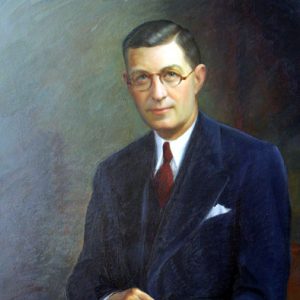
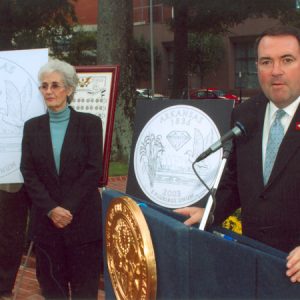
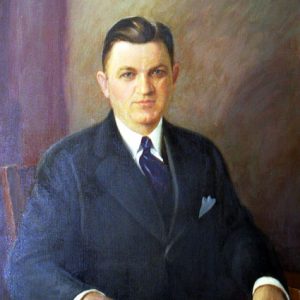
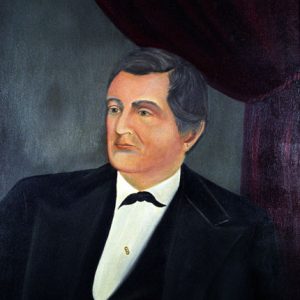

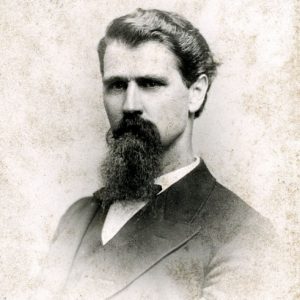
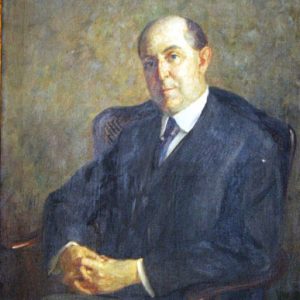
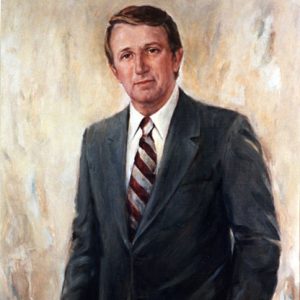
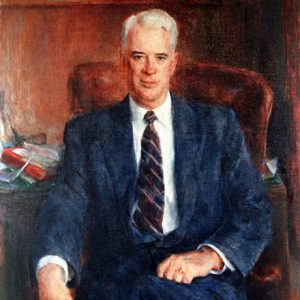
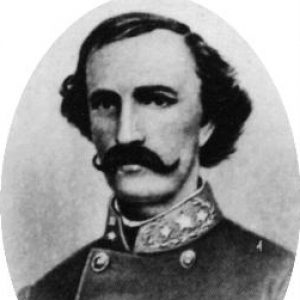
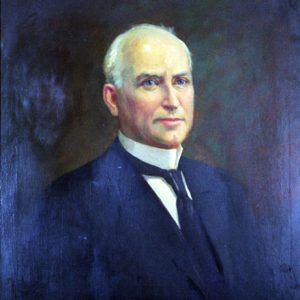
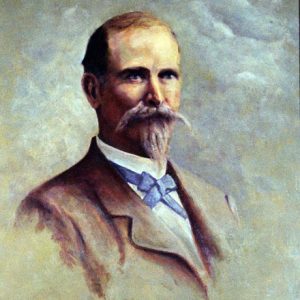


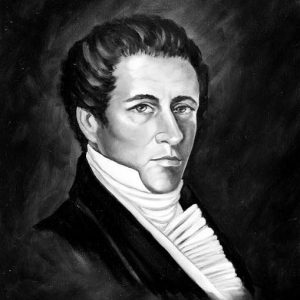
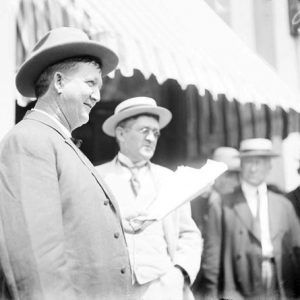
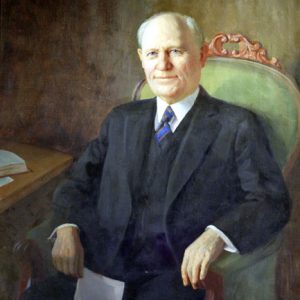
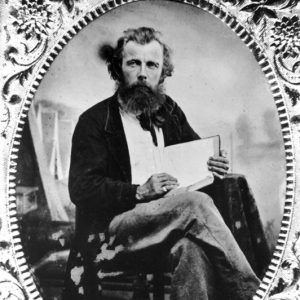
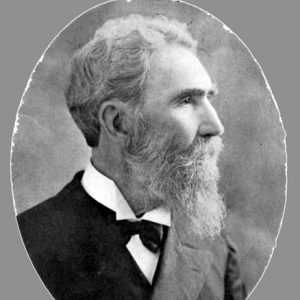
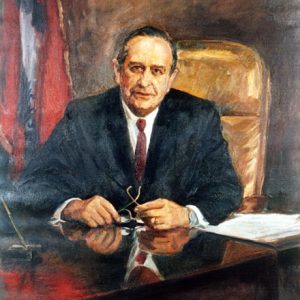
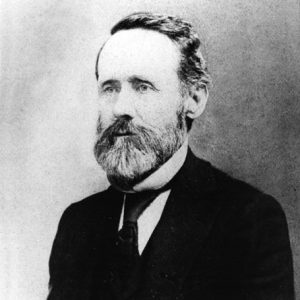
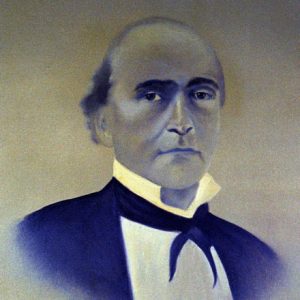
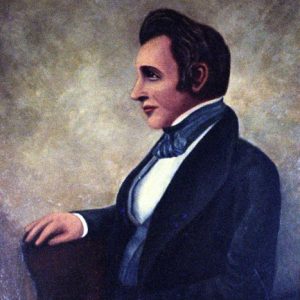
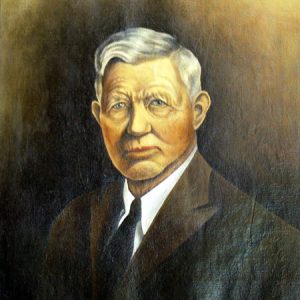
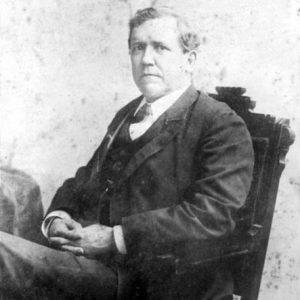
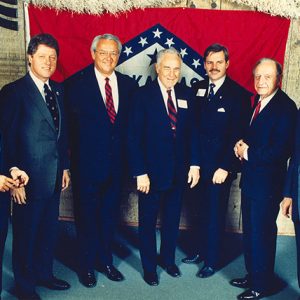
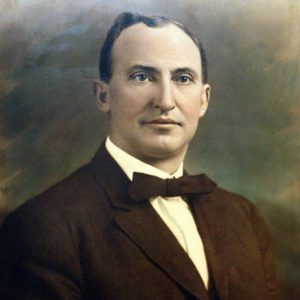
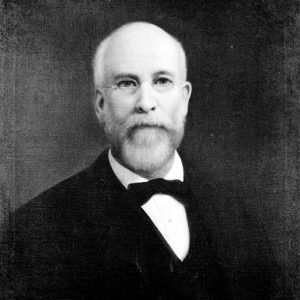

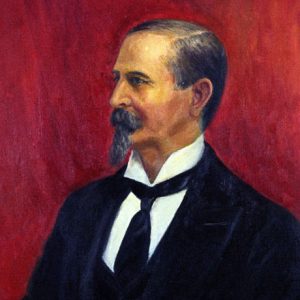
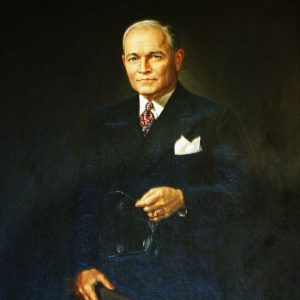
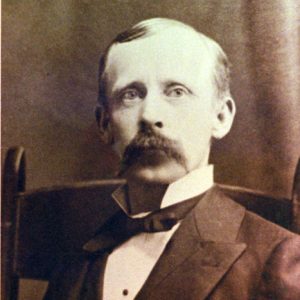
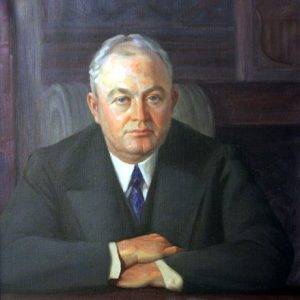

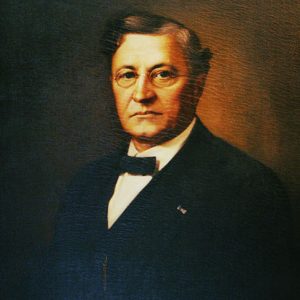
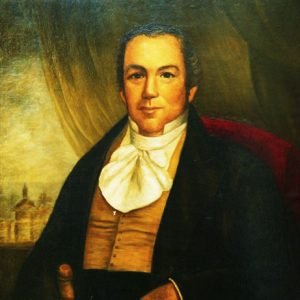
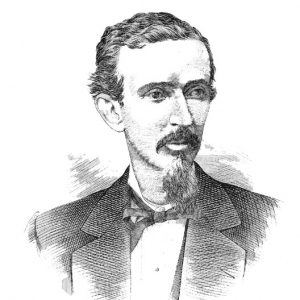
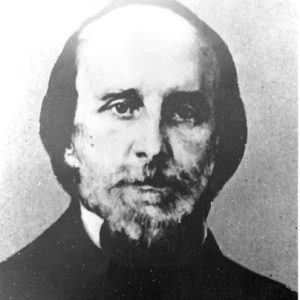
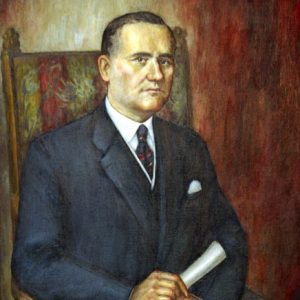
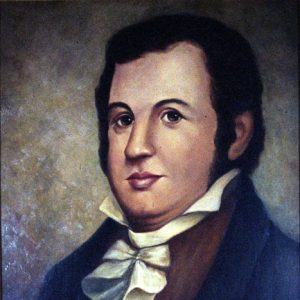
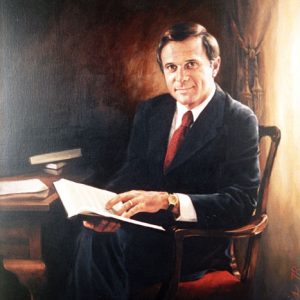
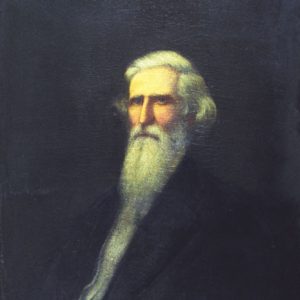
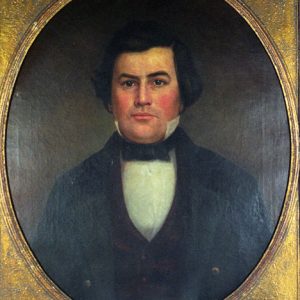
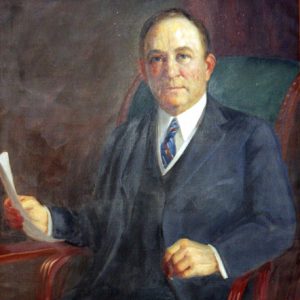
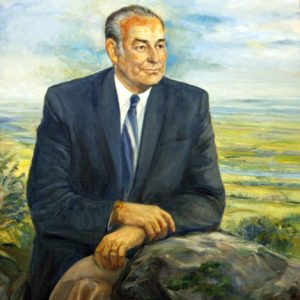
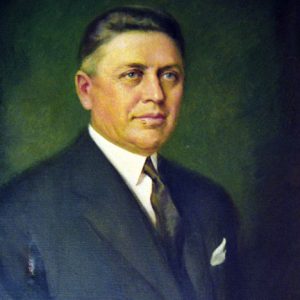
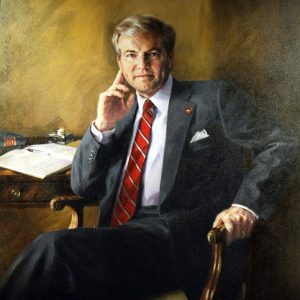
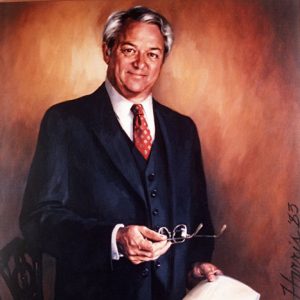
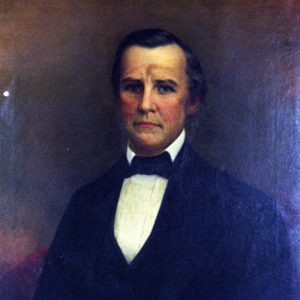






Comments
No comments on this entry yet.